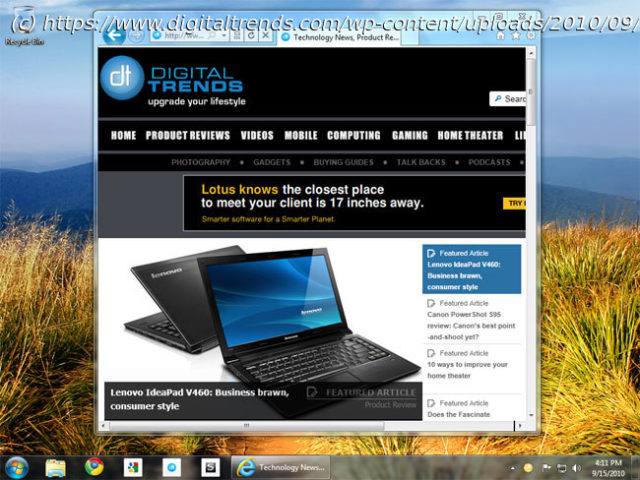Explore the digital graveyard of once-beloved applications as we unearth the top discontinued gems from Microsoft’s software vault.
Microsoft’s history is littered with the discontinuation of once-beloved applications. Most recently, WordPad, the renowned text editor app, was conspicuously absent from the latest beta build of Windows 11, indicating an end to its 28-year-long journey. I have fond memories of using the app back in my college days when Microsoft Office was too pricey for me.
WordPad is far from the only app to get canceled by Microsoft over the years. From pioneering productivity tools to nostalgic multimedia players, let’s reminisce about some of the most famous applications that Microsoft has consigned to the annals of tech history.Internet Explorer
Internet Explorer emerged as a dominant web browser in the mid-1990s, gaining widespread popularity due to its integration with the Windows operating system. However, over time, it faced criticism for security vulnerabilities and slow performance, leading to a decline in usage. Competitors like Mozilla Firefox and Google Chrome eventually surpassed Internet Explorer in popularity, prompting Microsoft to transition to its own Edge browser.
In 2022, Microsoft officially ended support for Internet Explorer to support Edge, marking the end of an era in web browsing history. While remembered as a pioneering force in the early days of the internet, Internet Explorer’s legacy is now largely overshadowed by more modern alternatives.MSN Messenger
MSN Messenger, also known as Windows Live Messenger, was an instant messaging application developed by Microsoft. Launched in 1999, it quickly became one of the most popular messaging platforms globally, offering users the ability to chat with friends and family in real-time, share files, and play games within the application.
MSN Messenger played a significant role in shaping online communication during the early 2000s, with its iconic features such as custom emoticons, status messages, and chat rooms. However, with the rise of social media platforms and mobile messaging apps, such as Facebook Messenger and WhatsApp, MSN Messenger’s user base began to decline.
In 2013, Microsoft officially discontinued MSN Messenger and encouraged users to migrate to Skype, another messaging platform acquired by Microsoft. While MSN Messenger is no longer available, it remains a nostalgic symbol of the early days of online messaging and social interaction.






